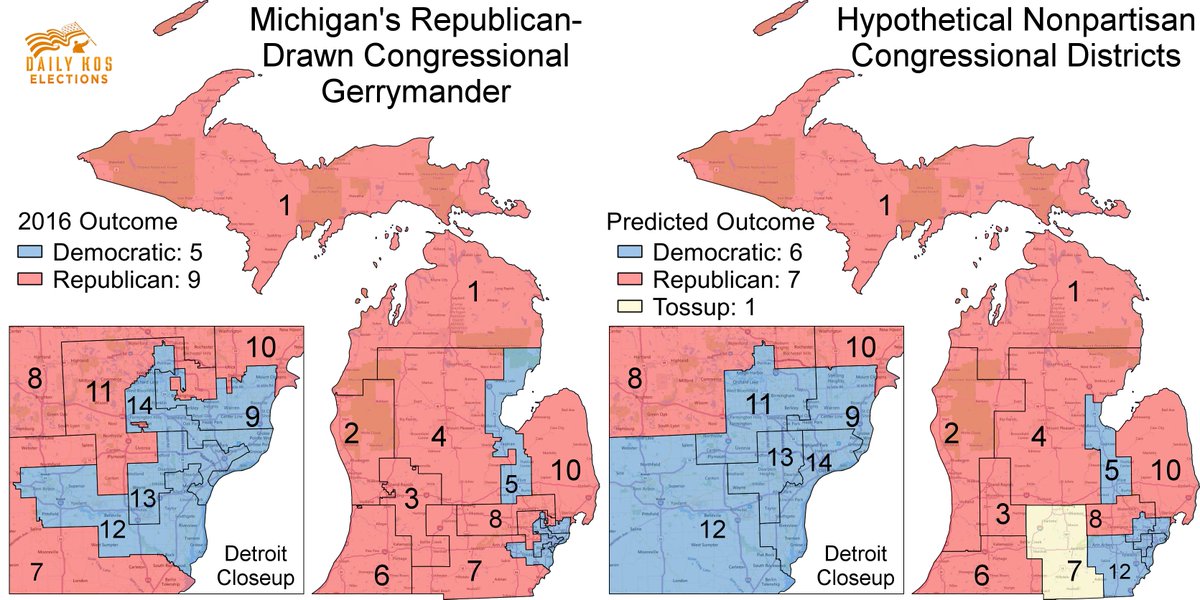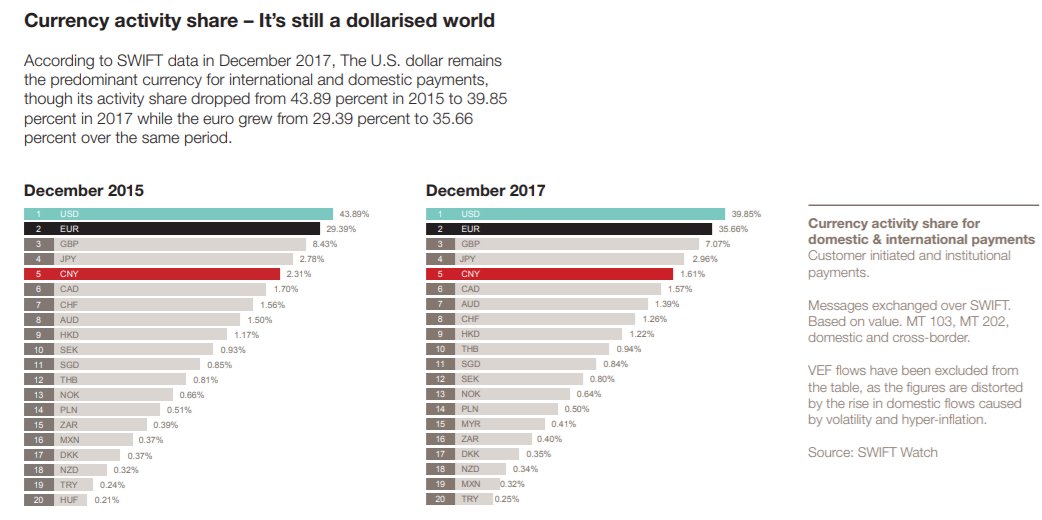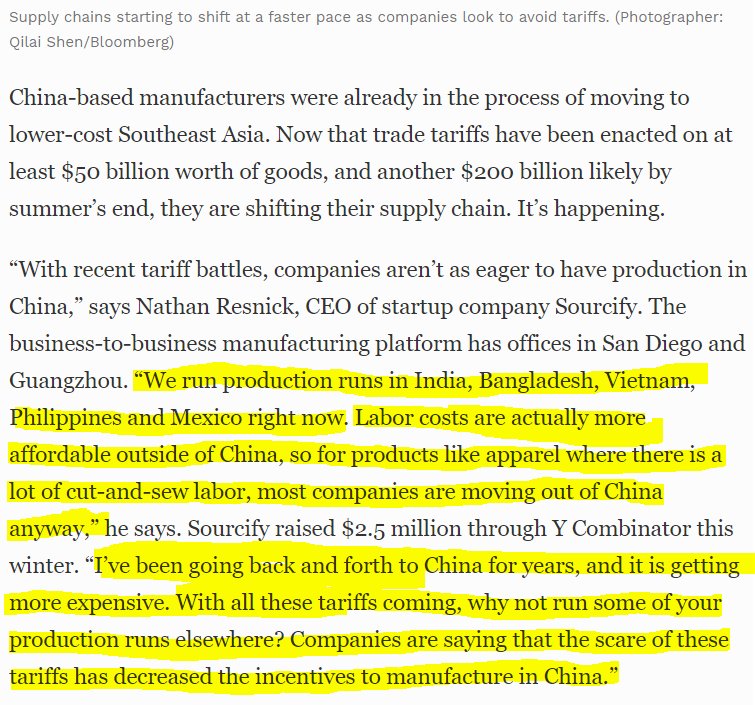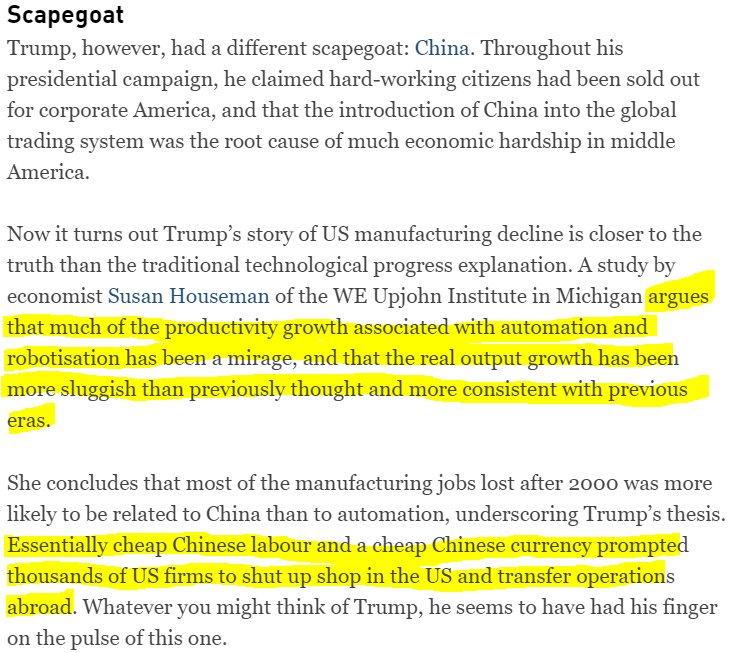If so, you might want to look at how Argentina went wrong, and Australia went right: (thread)
bloomberg.com/opinion/articl…
In the same period, Argentina was under military or quasi-military rule for all but the 12 years that Peronists were in power.
Australia had a dodgy constitutional moment in 1975, when Labor PM Gough Whitlam was removed after he was unable to pass budgets.
Argentina has imposed capital controls to halt a balance-of-payments crisis.
Meanwhile Australia is likely in surplus on both its budget and current account for the first time since the 1970s.
bloomberg.com/news/articles/…
Meanwhile Australia's reputation has allowed it to run up the credit card to see it through a weak patch.
My point is that Argentina's reaction to the crises of the 1930s was to break its democratic institutions in the aid of what they saw as a higher good, ie. stopping ideas they thought were bad.
cato-unbound.org/2009/04/13/pet…



























